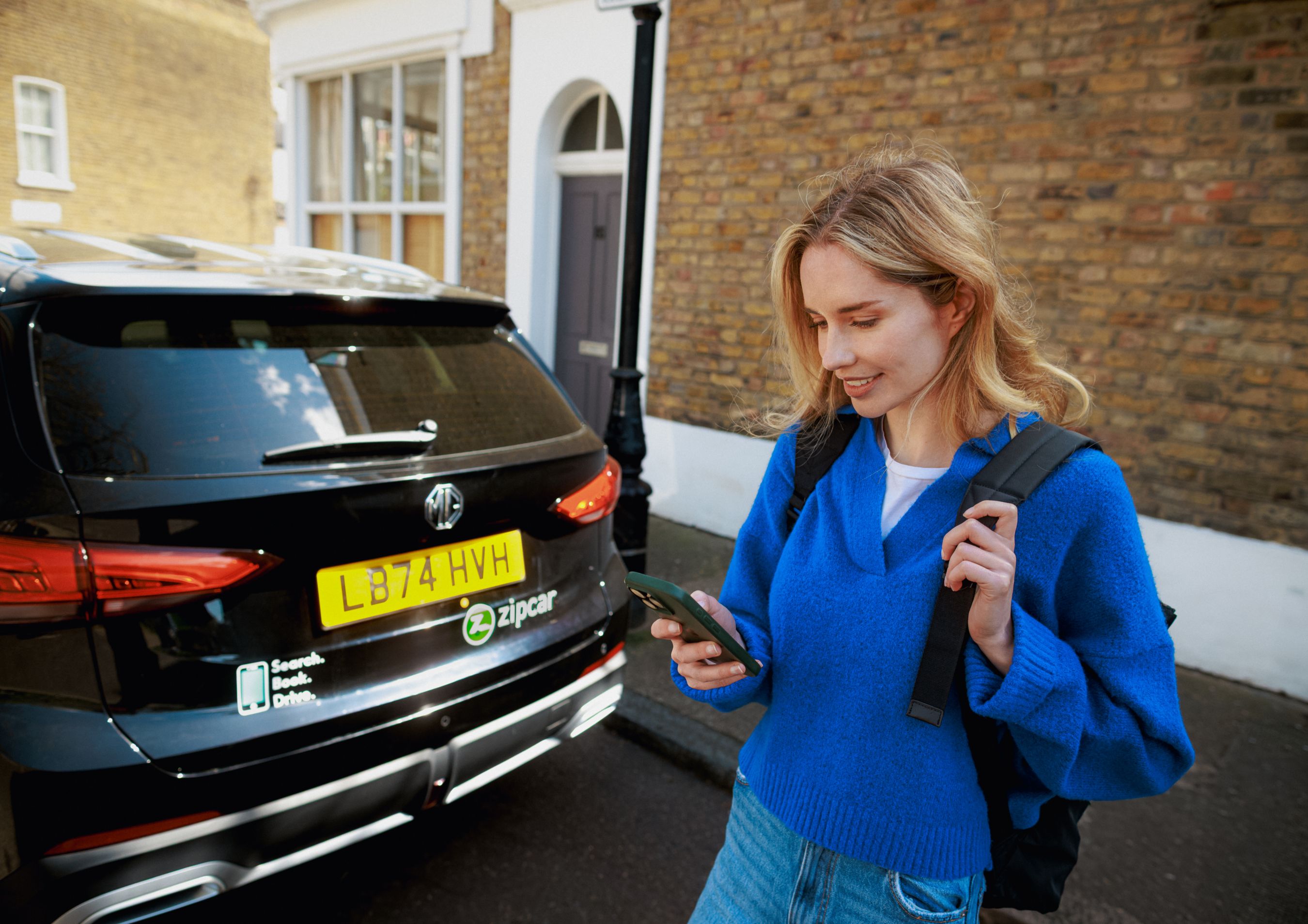Car sharing industry analysis – research and statistics
You may have heard the term ‘car sharing’ or ‘car club’ recently. But what does it mean? The idea of car sharing is that users join a car sharing club, like Zipcar, which gives them access to a fleet of vehicles parked in strategic locations across the city. Members can hire vehicles by the minute, hour or by the day, which can be dropped off or parked in a multitude of convenient locations.
Car sharing is a flexible, affordable, and more sustainable alternative to car hire or ownership, and it’s on the rise in Britain – particularly in London.
Como – short for Collaborative Mobility UK, works to maximise the public benefit of shared cars, bikes and rides – has worked with car club operators (including Zipcar) over the last 14 years, conducting car sharing industry analysis. Como collects data on members’ behaviour and usage, and the sustainable benefits of car clubs and their fleets to understand car sharing industry trends and publish an annual report on car club usage in Britain.
Como also reports specifically on the London market share of car clubs compared to the rest of the nation, to better understand how the capital is performing compared to the rest of the country. We have listed some of the most interesting car sharing statistics and findings from 2020 report below.



